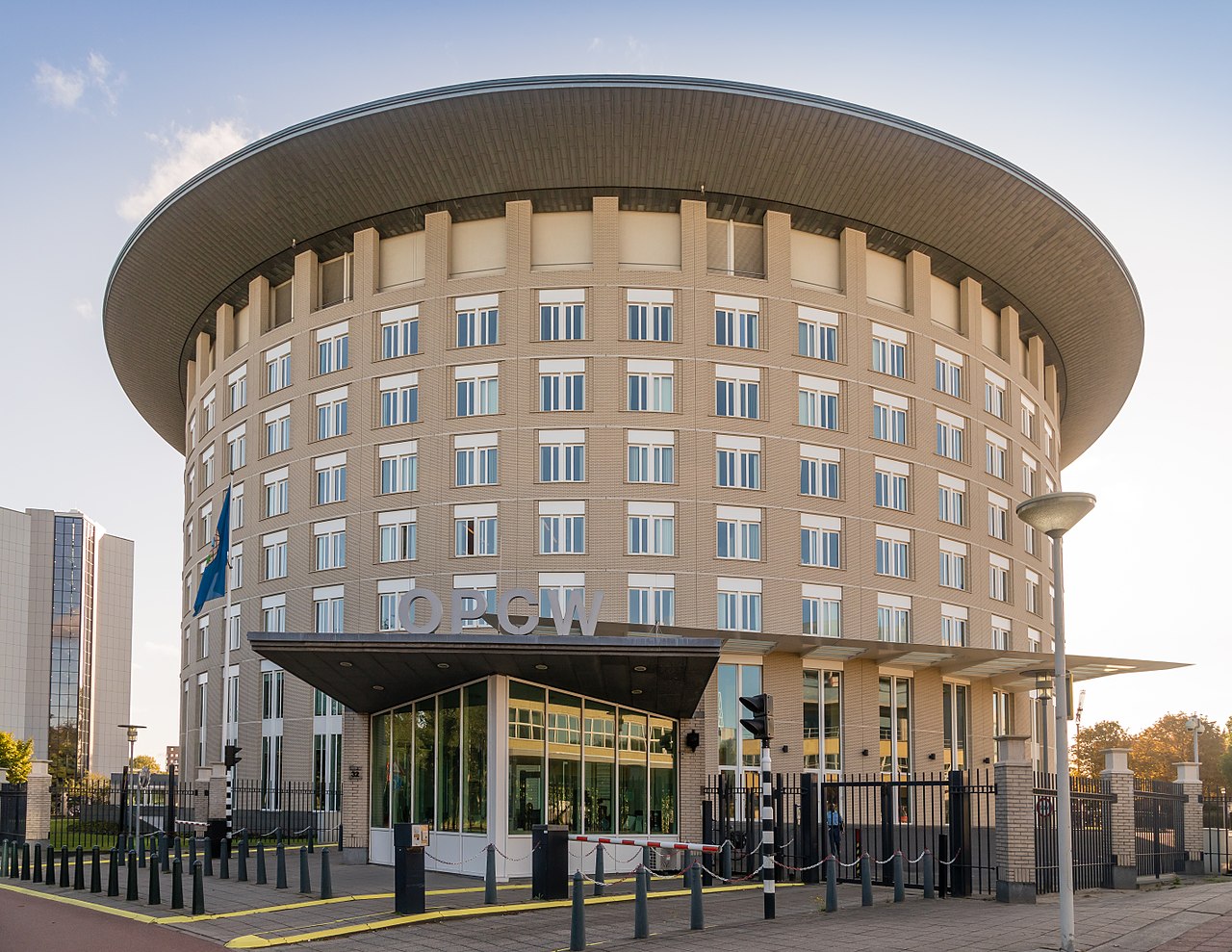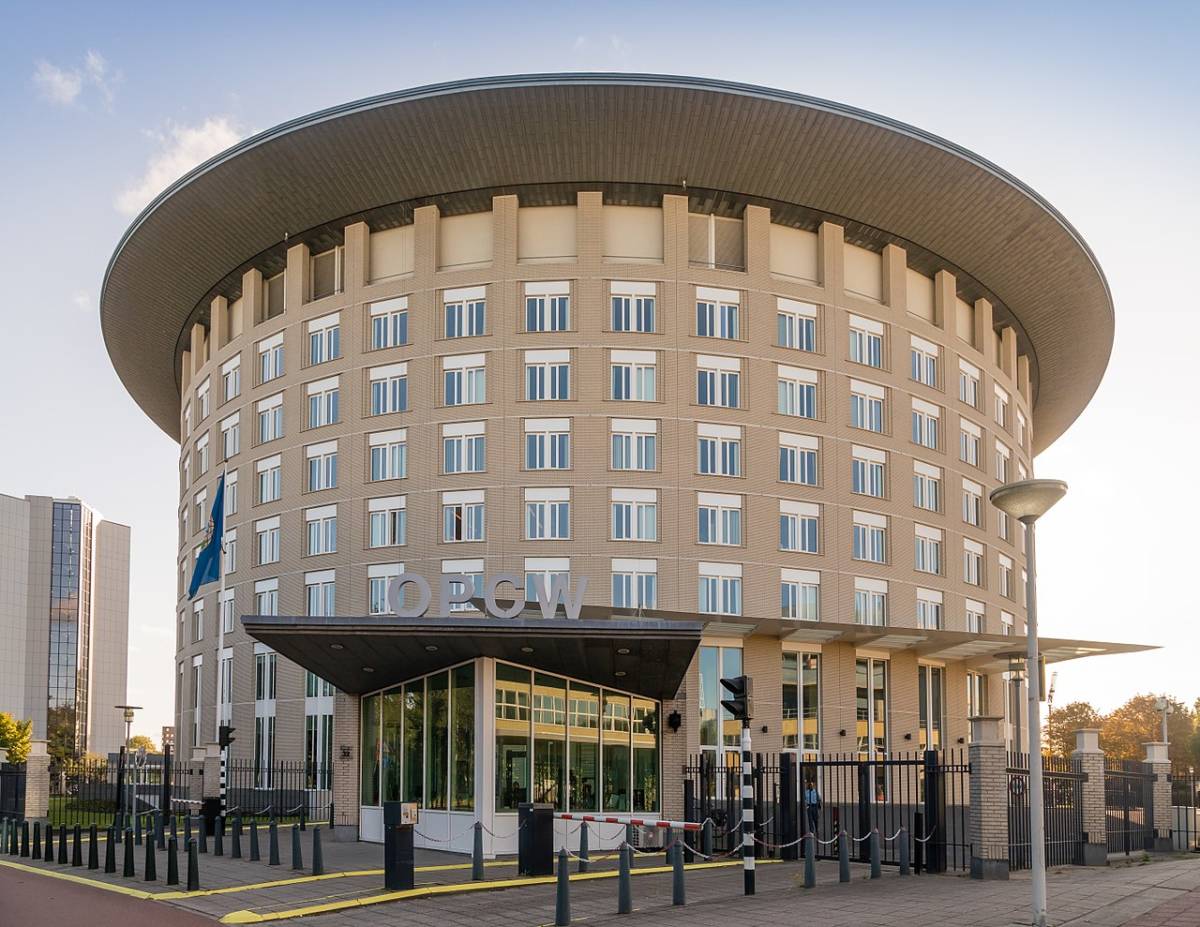Russian foreign minister says suspected hackers were on ‘routine trip’


Russia’s foreign minister Sergey Lavrov has insisted that four men who were thrown out of the Netherlands for allegedly spying on the Organisation for the Prohibition of Chemical Weapons were on a ‘routine trip’.
The quartet were expelled on April 13 after agents from the Dutch military intelligence service (MIVD) intercepted them in The Hague as they tried to hack into the OPCW’s wi-fi network.
The MIVD said they had rigged up an antenna in the back of a rented Citroën C3 which was parked outside the Marriott Hotel, which directly backs on to the OPCW building on Johan de Wittlaan, for a ‘close access hacking operation’.
Speaking at a press conference on Monday, Lavrov said there was nothing covert or suspicious about the men’s activities. ‘It was a routine trip, they did not hide, neither when they checked into the hotel, nor when they arrived at the airport, nor when they visited our embassy,’ he said.
He added that the four men had been escorted out of the country without any explanation or being given a chance to contact the Russian embassy. The Dutch ambassador to Moscow was summoned to the foreign ministry to explain the events in April.
The four men, comprising two IT specialists and two support workers, arrived at Schiphol airport on April 11 on diplomatic passports, hired a Citroen C3 and checked into the Marriott Hotel.
A laptop that they surrendered on departure indicated that they had recently been in Malaysia, which is playing a key role in investigating the shooting down of flight MH17, and the Swiss city of Lausanne, home of the world anti-doping agency WADA.
The latter is currently investigating institutional drug taking in Russian sport, while the OPCW is testing chemicals used to poison the former Russian spy Sergei Skripal and his daughter Julia in Salisbury, England, in March.
Lavrov suggested the expulsion of the Russians in April had been made public to divert attention from the Nato defence ministers’ meeting. The Dutch government said it had chosen to disclose the details after learning that the United States was about to charge seven Russian intelligence officers, including the four intercepted in The Hague, with cyber-hacking offences.
‘It seemed to someone that digging up the April story and making it public right now will help to divert attention from complex issues that are being discussed now both in the European Union and, to a certain extent, in NATO, including the proportion of defense capabilities of these two structures,’ said Lavrov.
Thank you for donating to DutchNews.nl.
We could not provide the Dutch News service, and keep it free of charge, without the generous support of our readers. Your donations allow us to report on issues you tell us matter, and provide you with a summary of the most important Dutch news each day.
Make a donation